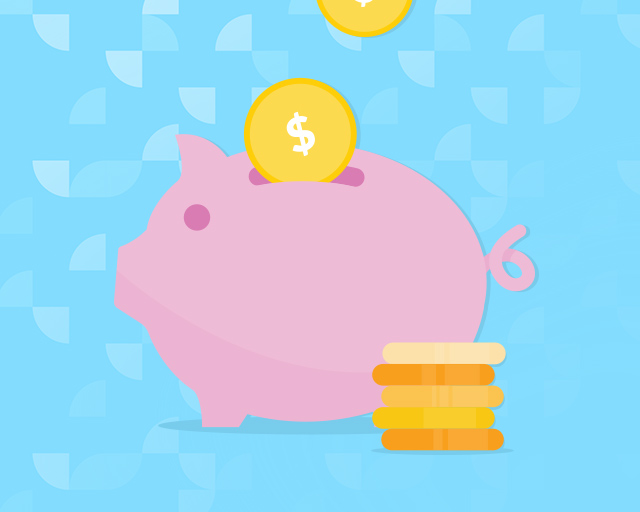

It’s a three-digit number that shows how likely you are to repay debt. The three major credit bureaus (Equifax, Experian and TransUnion) create credit reports based on your payment history for loans, credit accounts and other factors. Your credit score is calculated using these reports. If your reports show a long history of on-time payments, you may have higher credit scores. That can help you get credit cards and loans with more favorable terms. If you have late payments or other negative history, it can lead to lower credit scores. That can make it harder to get approved for credit and if you do, your interest rates may be higher.
Your credit score is calculated using credit reports from Equifax, Experian and TransUnion – the three major credit bureaus. Several factors affect your credit score including your payment history and how long you’ve had accounts.
There’s more than one credit score out there, but the one you’ve probably heard about the most is the FICO® Score. Here are the five factors FICO uses to calculate your score and the weight of each:
-
- Payment history (35%) Have you made payments on time?
- Amounts owed (30%) How much of your available credit is used?
- Length of credit history (15%) How long have you had credit?
- New credit (10%) Are there a lot of credit inquiries and new account openings?
- Credit mix (10%) What kind of accounts do you have?
Source: ficoscore.com
Your credit score comes from the information in your credit report. If you’re building positive credit history by making on-time payments and paying down account balances, over time your credit score can go up. To get started, we recommend checking your credit report to see where you stand. You’re entitled to one free report every year from each of the three major credit bureaus – Equifax, Experian and TransUnion. Go to AnnualCreditReport.org to get started.
We are happy to help and we’re so glad you’re here. Just by reading these FAQs you’ve already taken a big first step in learning how to build credit. Now, on to building credit. It’s as simple as opening a credit card or account, using it to make a small purchase or two, then paying off your account balance by making the minimum (or more) monthly payments on time. After a couple of months or so, your credit account will show up on your credit report and so will your payments.
If you don’t have any credit history, it’s never too early (or late) to start establishing credit for your future. Try applying for credit with a department store in your town or with an online retailer. Other options include a secured credit card or loan. Whichever of these options you choose, the most important thing is to make sure your monthly payments are on time.
If you’re just starting out and don’t have any credit, it will take time to build it. If you’ve had credit challenges in the past, it’ll take time too, since you’ll be rebuilding your credit. There is no quick fix or shortcut, but there is good news. As long as you’re taking steps in the right direction – like making your payments on time every month and paying down balances on your credit accounts – you’ll be building credit history. It may not be as fast as you’d like, but before you know it, you’ll see your progress in your credit report.
The best way to build credit is by using it responsibly. That means making monthly payments on time, every time for credit cards, car loans, home loans and any of your other credit accounts. Also, keep the balances low on any of your revolving credit accounts. Last but not least, don’t apply for more credit than you need. It can be too tempting to use it when you don’t need it.
Keep making on-time monthly payments on all of your credit accounts. The positive history you have on those accounts stays on your credit record as long as they’re open. Why is that important? Your payment history can be up to 35% of your credit score. Another way is to pay down the balances on your credit accounts. The amount of available credit you use can count for up to 30% of your credit score.
FICO is a registered trademark of Fair Isaac Corporation in the United States and other countries.








